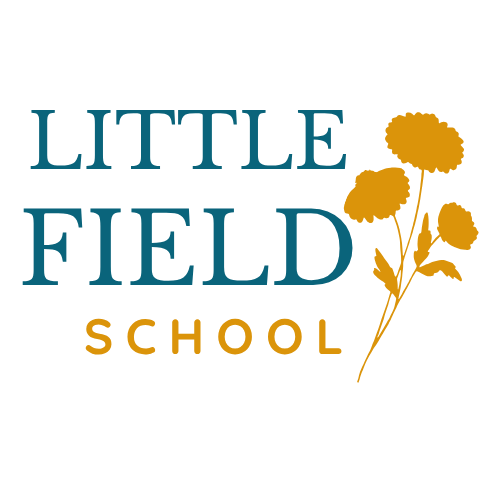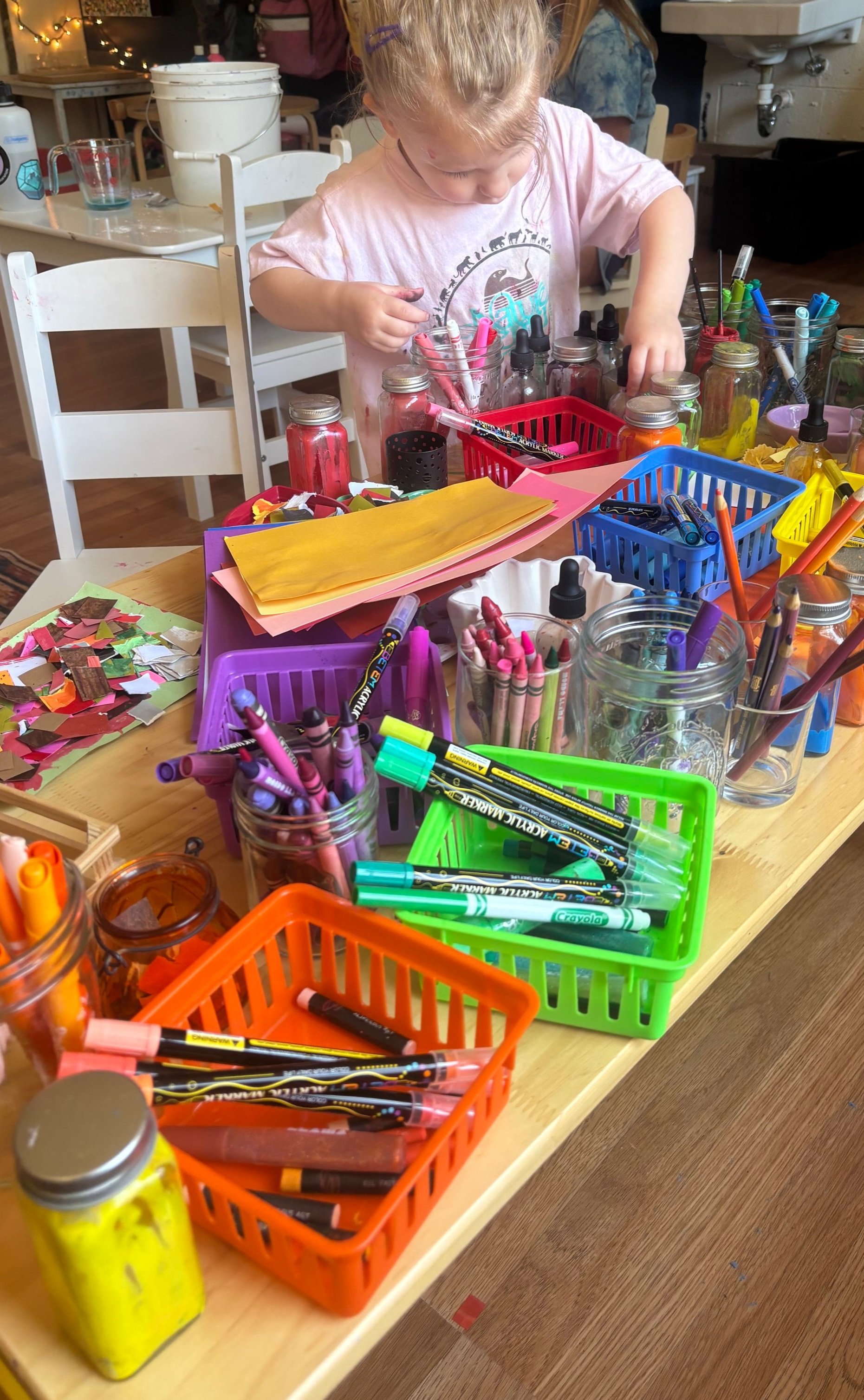High-quality early childhood education
the whole child in focus
“It’s been nothing but a blessing and an honor for my child to be able to attend.”
Longitudinal studies indicate that children who attend preschool demonstrate improved language and literacy skills, early math abilities, and stronger problem-solving capabilities.
Preschool attendance fosters social and emotional development, helping children learn to interact with peers, share, and manage their emotions.
Furthermore, research suggests preschool attendance can lead to better school readiness, reduced likelihood of special needs identification, and improved long-term outcomes like higher graduation rates, stable employment, and increased earning potential.
Little Field School strives to nurture children's confidence, intrinsic motivation, empathy, and love of learning by instilling our learners with a sense of belonging and value within our classroom community and as global citizens who have the agency to create a more just and peaceful world.
a deep dive into
Our educational philosophy
Montessori
Children follow their innate curiosity and develop confidence through self-directed, hands-on work that presents itself as play, exploration, and research in the prepared environment. The Montessori philosophy emphasizes the importance of environments where children can learn through experience and develop their potential, rather than being passive recipients of knowledge.
During the morning work cycle, learners have an extended period of time to explore their work without interruption, which enables the development of deep focus and engagement. Children develop a strong academic foundation through the sequential presentation of lessons in literacy, language and written communication, mathematics, science and geography, culture, and sensorial explorations.
Dr. Montessori’s pedagogy is also deeply rooted in the principles of peace education, recognizing that a democratic society requires individuals who are committed to peaceful conflict resolution and cooperation. The Montessori method fosters democracy by nurturing individual freedom, self-discipline, and a sense of social responsibility in children, preparing them to be active and engaged citizens in a democratic society.
“I couldn’t ask for a better teacher for my child.”
Reggio Emilia
Reggio preschools are committed to research and innovation, project-based learning, and intentional design. Learning is valued as an active process of construction, both individually and in groups. Whole families are active co-participants in the network of shared responsibilities of educating the community of children.
Loris Malaguzzi used “the hundred languages of children” to define children’s rights and abilities to express and evolve their thinking and comprehension. Therefore, Reggio schools are dedicated to providing children with a vast array of materials, a wide variety of media, and inviting learners in to richly diverse experiences.
Understanding might be expressed through drawing, paint, mathematics, clay, wire, natural and recycled materials, light and shadow, logic, or music. The child may also include expression with words through metaphor, stories, acting, or poems that reflect their interpretations. Special designs, such as maps and three-dimensional constructions, may also be incorporated into the child’s synthesis of understanding. There is no separation or hierarchy among languages - all are considered valuable expressions of learning and communicating - and children are encouraged to represent their ideas on a particular topic in multiple languages.
Similar to Dr. Montessori’s pedagogy, there is a focus on a strong societal value of democracy; school is seen as a system of interactions and relations that are interdependent. Both Malaguzzi and Dr. Montessori promoted the rights and potential of children, teachers, and parents, acknowledging and affirming the competency of the child as a whole and complete person as a valued member of the community.
putting it all together
By taking the best parts of two wholistic approaches to education - Reggio Emilia and Montessori - there is alchemy. The essence of this combination is true child-led learning.
When we trust in our children as complete, whole individuals who are absolutely brilliant and brimming with the ability to love without condition, we empower and inspire them toward joy and agency in their learning.
The role of the educator is to be a keen observer of each child individually and of the dynamics at play between and among the community of children.By attuning oneself to each and every child, the educator is equipped to responsively offer invitations for learners to explore complex ideas and advanced concepts in meaningful and accessible ways that are developmentally tailored to the individual. Learners with such a foundation are able to revisit these concepts again and again as they grow with deeper understanding and can forge connections between concepts.The result of the educator’s focus on the parts that make up the whole is the beautiful hum and rhythm of young minds engaged in real work that they have accessed with joy and enthusiasm. Children who are given this start to their educational journey - one that is filled with laughter, meaningful connection with peers, teachers, family, and community - are poised with the agency for a lifelong love of learning. The rhythm of the day
The rhythm of the day
A typical day at LFS
8:30-9:00 Arrival, unpacking, and quiet book time
9:00 Assembly to gather, greet each other, and collaboratively plan our day
Work cycle - learners select works independently or with a partner, conduct research, engage in individual and small-group lessons, self-select work, collaborate in service projects, prepare meals, and create utilizing a vast array of materials
11:30 Lunch
12:30 Half-day & early release dismissal
Afternoon extension - opportunity to continue with morning work, conduct field work or service learning in the community, or work with a volunteer
2:30 Full-day dismissal
Half-day Enrollment
At Little Field School, we believe every child brings something unique to our learning community. Our full-day rhythm is filled with group explorations, collaborative projects, and shared discoveries that are most meaningful when all children are present and engaged together.
Because of this, half-day enrollment is reserved only for children who are three years old or still napping or families who have other extenuating circumstances requiring an abbreviated day for their learner.
Affiliations & Accredidations
Montessori Association of North Carolina
North American Reggio Emilia Alliance









